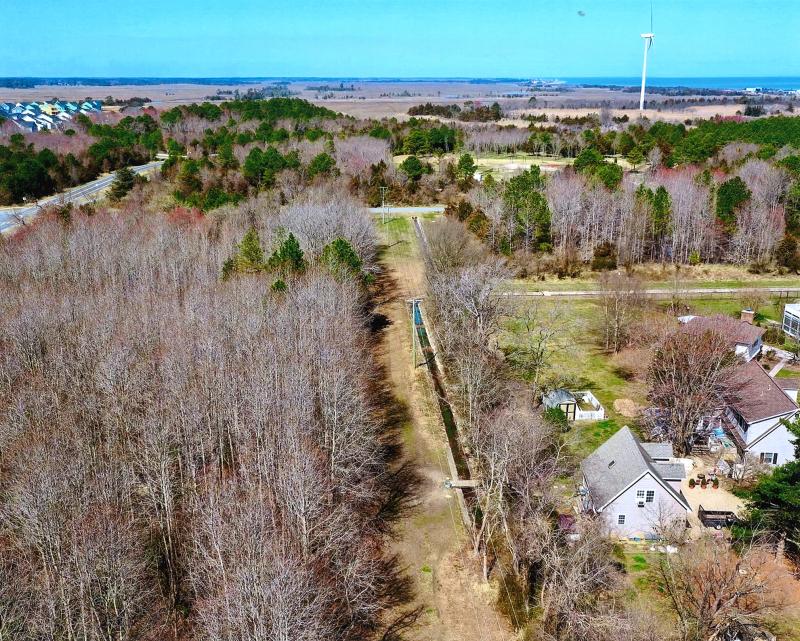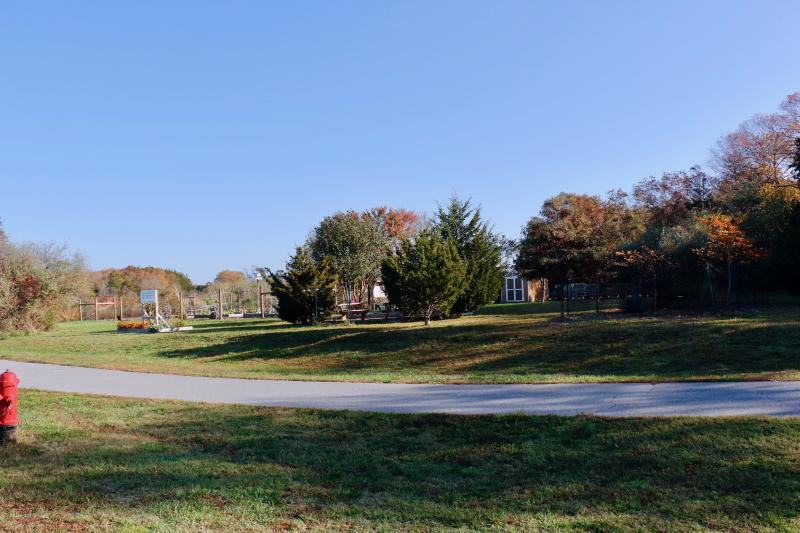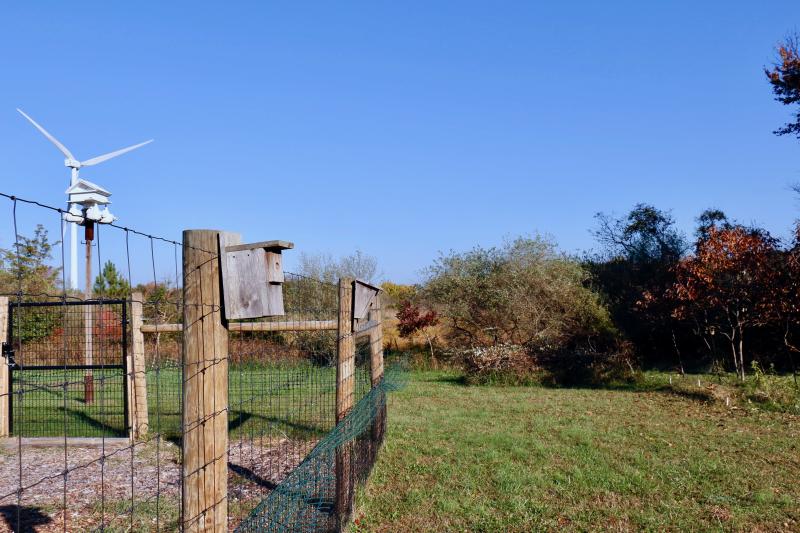Passive recreation with minimal impact to the natural environment is the focus of the latest version of the Great Marsh Park master plan.
Penoni Associates’ Eric Wahl presented the revised conceptual plan for the large Lewes park to mayor and city council Oct. 27. Updates to the designs were made based on input from previous workshops and meetings, in particular an Aug. 4 public workshop. Gathering sites for education and observance highlighted the latest concept.
Passive recreation is what residents called for the most during public meetings, and the plan seems to address that. Trails connecting small gathering areas to various sculptures and observation structures have been proposed and could open up areas previously inaccessible around the wetlands. The paths could be mulched, raised boardwalks or bridges over drainage swales, which would lead to features or quiet areas in the park. Wahl emphasized equity for all in Great Marsh Park during his presentations and designs. Any trail composed of hard, durable surface material will meet the American with Disabilities Act, as required, but a majority of the trails will be pervious.
The existing trail is approximately 2,500 feet in length, while a proposed trail would go around the entire park and run 8,100 feet in length. Observation decks and educational pavilions along the trails have been proposed, as well as sculptures made of natural material. All three items are in line with requests from the public to increase learning opportunities while minimizing impact from development. Birdwatchers have been clamoring for more access. Councilwoman Carolyn Jones praised the idea behind the sculptures, which would be made of twigs, branches and other natural elements.
Stormwater management
While some of the plan received praise, the stormwater management proposal has become a concern for residents living on Harborview Road. Residents believe an existing concrete swale in the area combined with new drainage installed at the Lewes Unleashed dog park with Great Marsh Park is causing the neighborhood’s biofiltration swale to overflow in certain conditions.
The environmental management section of the plan states that stormwater management is a paramount theme for Great Marsh Park and the existing wetland and concrete swale should be preserved and improved. The addition of rain gardens or re-created wetlands would be made to connect all wetlands within the park and improve drainage on the roads and parking areas, and in the dog park.
Lewes resident Dave Ennis foresees a problem with that plan because the runoff would ultimately end up in the overtaxed biofiltration swale or property owners’ back yards.
“The concept of the plan isn’t bad, except the drainage problem that we all suffer from hasn’t been addressed,” Ennis said.
Ennis said the situation began more than 20 years ago when the Lewes Board of Public Works merged the existing biofiltration swale with the University of Delaware’s concrete swale. While other streets in the area have drainage, the composition of Harborview Road leads water directly to the end of the cul-de-sac street and provides no other outlet.
Fortunately for Ennis, the plan also recommends officials consider converting the concrete swale or portions of it into a biofiltration swale. Experts said a biofiltration swale allows more runoff to seep into the ground and be cleaned before entering the groundwater table or Great Marsh. Ennis hopes the BPW will be heavily involved in any stormwater management solutions.
Wahl believes the visible feature of moving water near the swales presents an opportunity to inform visitors about the ecosystem and importance of stormwater management. Proposed walking trails would put park guests in close contact with dense areas of sweetgum trees surrounding vernal pools. Ducks and other waterfowl species reportedly used to frequent the pools prior to the tree canopy closing in. There is a concern that by creating permanent wetlands, the vernal pools will no longer exist, as they require periods of wet and dry.
Parking
Should the concept come to fruition and increase visitors to the park, the need for extra parking will also increase. Wahl said the parking issue is sensitive because the construction contradicts the desire to preserve and increase the amount of open space.
Additional parking spaces along Great Marsh Circle made of pervious material have been included in the plan, addressing concerns from members of the dog park about limited parking in the area.
To discourage parking along Park Road, a small parking area is also proposed near the Lewes Community Garden for users of the garden. The new parking area would be behind the existing Osage orange hedgerow, concealed from the road, and a walking path to connect the lot to the garden would be part of construction.
Costs
Mayor Andrew Williams said a significant investment would be needed to execute the plan’s concepts. Engineering studies will be required, particularly as it relates to stormwater management, and the city is responsible for maintenance in the park. Williams wondered about the costs of not only the construction of permanent structures, but also any expenses needed to restore things back to condition if they were to lose the lease from the state in the future.
Wahl maintained the plan is strictly high concept at this point, and any decisions made on installations would require a more in-depth study of the area to address feasibility and practicality. Specifically, stormwater management plans would need to be analyzed for potential impact on surrounding neighborhoods. Grants are available to help with the costs, and one has already been used to fund the conceptual planning.
One issue yet to be resolved is the property line near the Lewes Community Garden. The garden’s new fence encroaches on University of Delaware property and garden leadership would like the issue resolved before they install new beds.
The conceptual plan is set to be voted on by mayor and city council during the Monday, Nov. 14 meeting. If approved, the plan would fulfill one of the requirements the city must have in place before the state accepts a 20-year lease renewal. Ennis would like mayor and city council to hold off on approving the conceptual plan because he fears if the stormwater management issue is not addressed when the plan is submitted, there will be resistance to changing what is in writing.
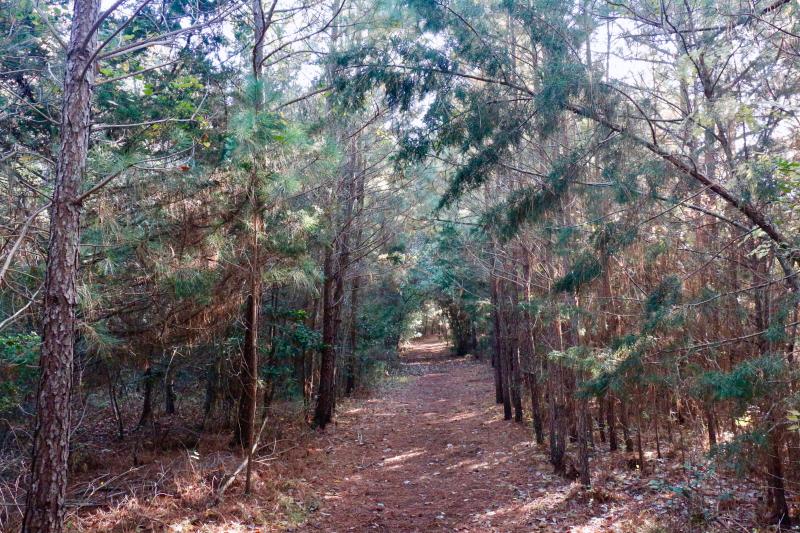
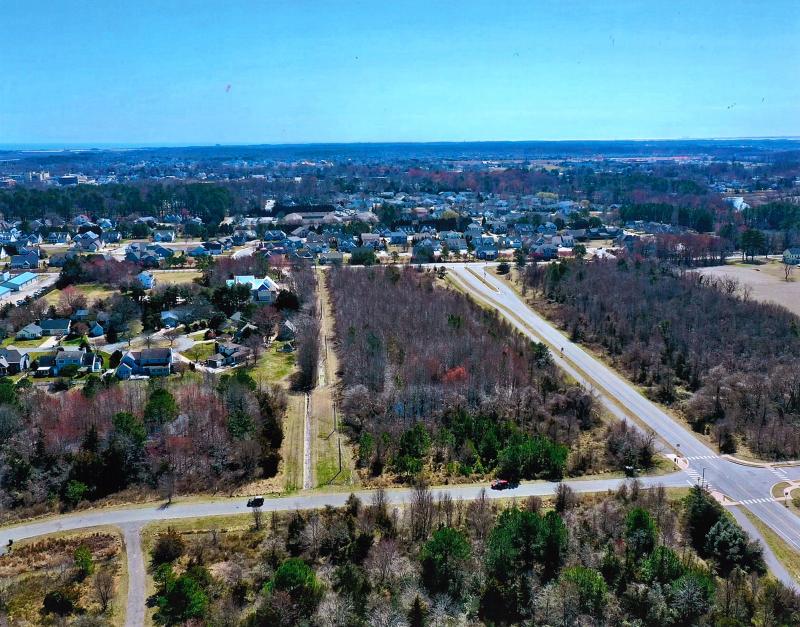
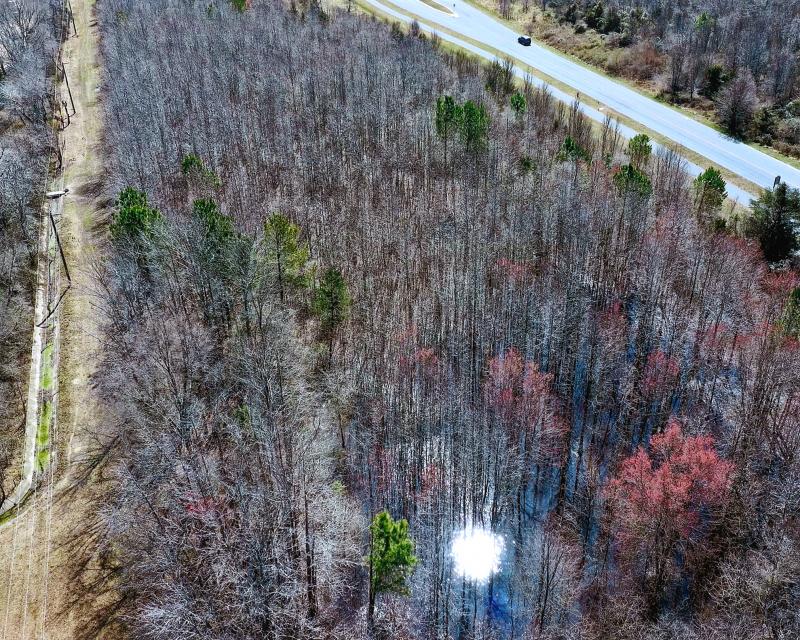
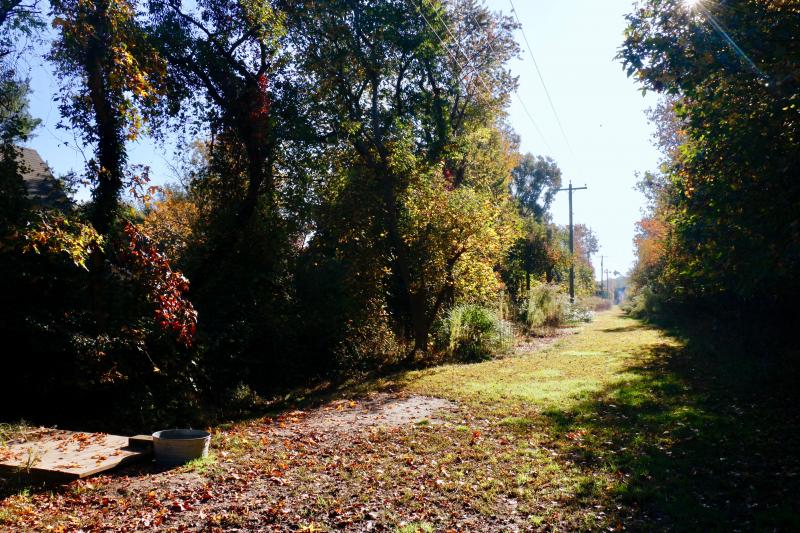
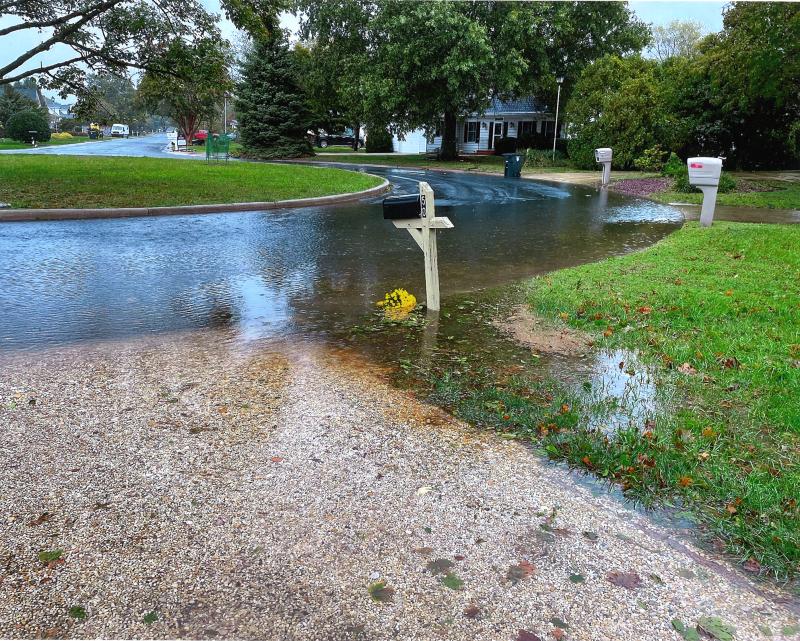
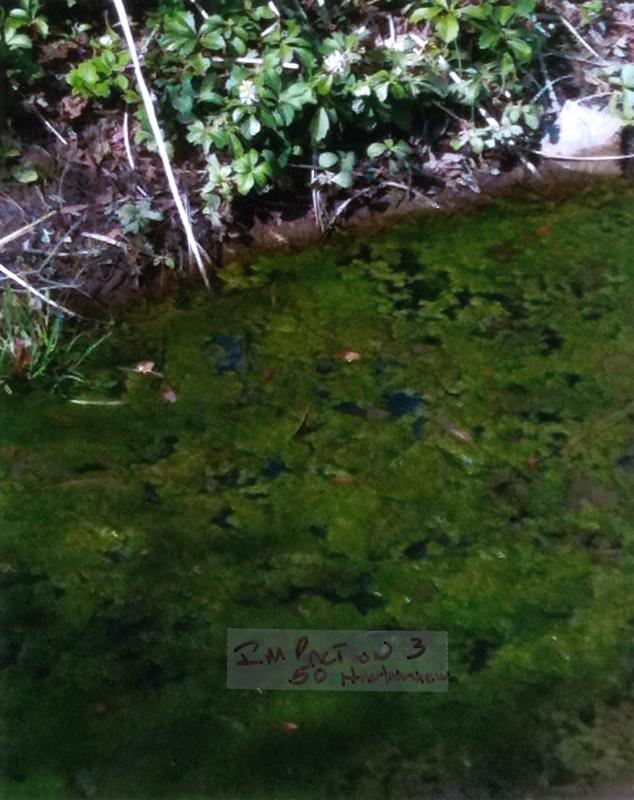
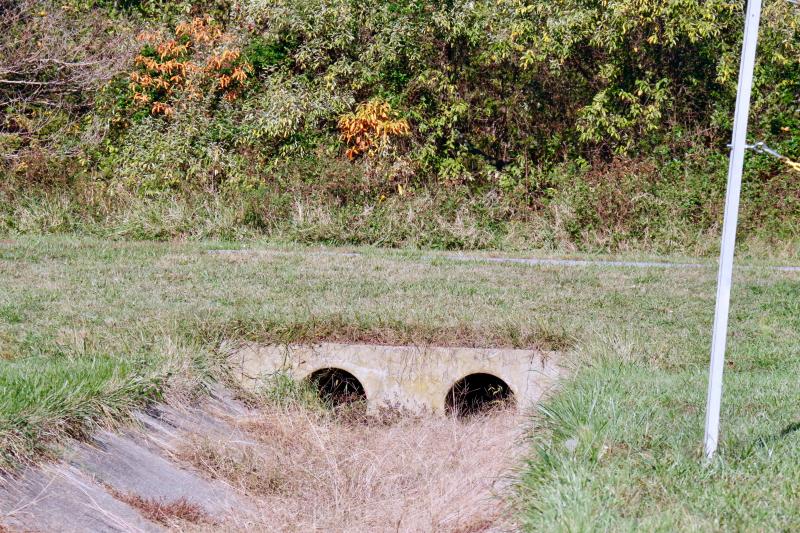
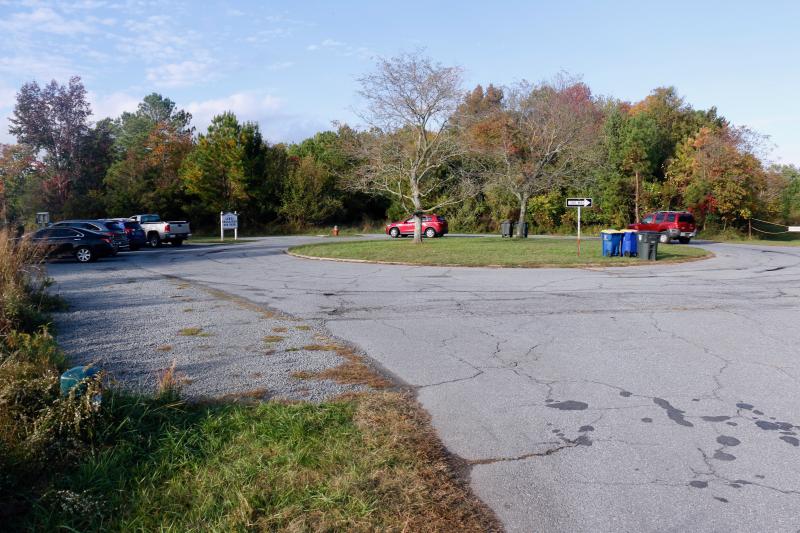
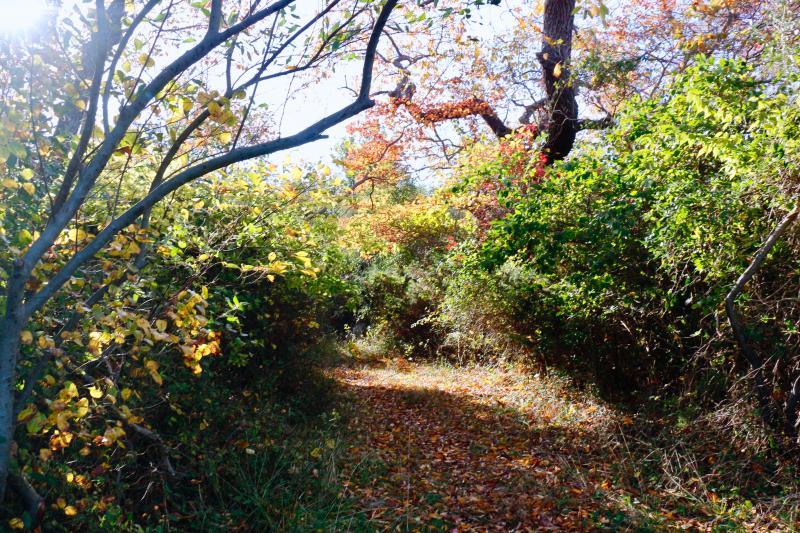
Aaron Mushrush joined the sports team in Summer 2023 to help cover the emerging youth athletics scene in the Cape Region. After lettering in soccer and lacrosse at Sussex Tech, he played lacrosse at Division III Eastern University in St. David's, PA. Aaron coached lacrosse at Sussex Tech in 2009 and 2011. Post-collegiately, Mush played in the Eastern Shore Summer Lacrosse League for Blue Bird Tavern and Saltwater Lacrosse. He competed in several tournaments for the Shamrocks Lacrosse Club, which blossomed into the Maryland Lacrosse League (MDLL). Aaron interned at the Coastal Point before becoming assistant director at WMDT-TV 47 ABC in 2017 and eventually assignment editor in 2018.














